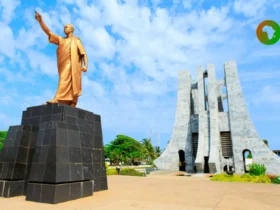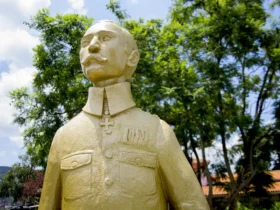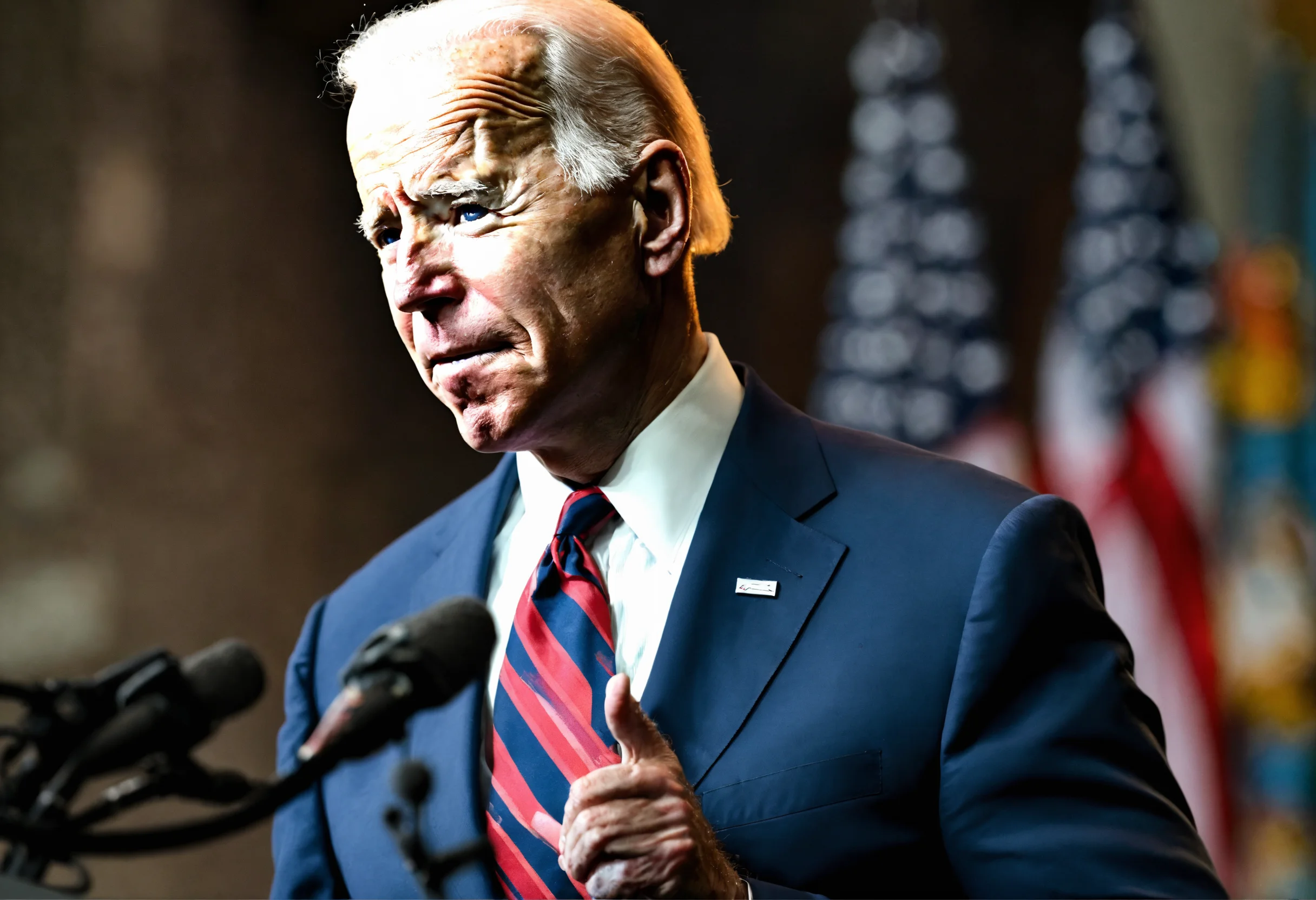- Learn about Osama bin Laden, the notorious leader of al-Qaeda, whose actions and ideology shaped global terrorism in the late 20th and early 21st centuries. Discover his background, rise to prominence, and the impact of his actions on international relations and security.
- Osama bin Laden was the founder of the Islamist militant group al-Qaeda and is best known for orchestrating the September 11, 2001, terrorist attacks in the United States, which resulted in the deaths of nearly 3,000 people and led to significant global geopolitical changes.
Early Life and Background of Osama bin Laden
- Family and Heritage: Bin Laden was born into a prominent family with close ties to the Saudi royal family. His father, Mohammed bin Laden, was a successful businessman who founded the bin Laden Group, a construction company that played a significant role in developing Saudi Arabia.
- Education: Bin Laden studied economics and business administration at King Abdulaziz University in Jeddah. During his studies, he became influenced by Islamic teachings and extremes of political Islam, notably through his exposure to the ideas of influential Islamist scholars.
- Afghan-Soviet War: The turning point in bin Laden’s life came during the Afghan-Soviet War in the 1980s. He traveled to Afghanistan to support the mujahideen with funds and fighters. This experience solidified his commitment to jihad and set the foundation for future Islamist movements.
Rise to Prominence of Osama bin Laden
- Founding of al-Qaeda: In 1988, bin Laden founded al-Qaeda, a jihadist organization aimed at establishing an Islamic caliphate and expelling foreign influence from Muslim countries. Originally, the group’s primary goal was to support the resistance against the Soviet Union.
- Ideological Influence: Bin Laden was influenced by the teachings of Sayyid Qutb and other radical ideologues who espoused the need for violent action against perceived enemies of Islam, including Western nations.
Major Activities and 9/11 Attacks of Osama bin Laden
- Targeting the U.S. and Allies: Bin Laden was behind multiple terrorist attacks, including the 1998 U.S. embassy bombings in Kenya and Tanzania, and the USS Cole bombing in Yemen in 2000. He often cited American military presence in the Middle East, particularly in Saudi Arabia, as a motive for his actions.
- 9/11 Attacks: The pinnacle of bin Laden’s notoriety came on September 11, 2001, when al-Qaeda operatives hijacked four commercial airliners, crashing two into the World Trade Center towers and one into the Pentagon. The fourth plane is believed to have been intended for the U.S. Capitol but crashed in Pennsylvania after passengers intervened. Nearly 3,000 people died as a result of these attacks.
Aftermath and Death of Osama bin Laden
- Global Manhunt: Following the 9/11 attacks, bin Laden became the most wanted man in the world. The U.S. launched a military campaign in Afghanistan to dismantle al-Qaeda and topple the Taliban regime that had provided safe haven to him.
- Hiding and Capture: Bin Laden spent years evading capture, moving between Pakistan and Afghanistan. On May 2, 2011, he was located and killed in a U.S. Navy SEAL operation in Abbottabad, Pakistan. His death marked a significant moment in the global fight against terrorism.
Legacy and Impact of Osama bin Laden
- Symbol of Terrorism: Even after his death, bin Laden remains a symbol of jihadist extremism and anti-Western sentiment. His ideology has continued to inspire numerous terrorist groups around the world.
- Impact on Global Security: The actions he orchestrated led to significant changes in global security policies, including the establishment of the Department of Homeland Security in the U.S. and the implementation of extensive counter-terrorism measures.
- Cultural References: Bin Laden’s life and actions have been widely discussed in literature, films, and articles, contributing to the global discourse on terrorism, religion, and politics in the contemporary world.
Conclusion
Osama bin Laden’s life was marked by a transition from a wealthy heir to a leading figure in global terrorism. His complex legacy continues to shape discussions about terrorism, security, and geopolitical dynamics. As the world grapples with the aftermath of his actions, bin Laden remains a stark reminder of the challenges posed by ideologies that promote violence as a means to achieve political ends.
see also Who is Kim Jong Un: The Supreme Leader of North Korea






































